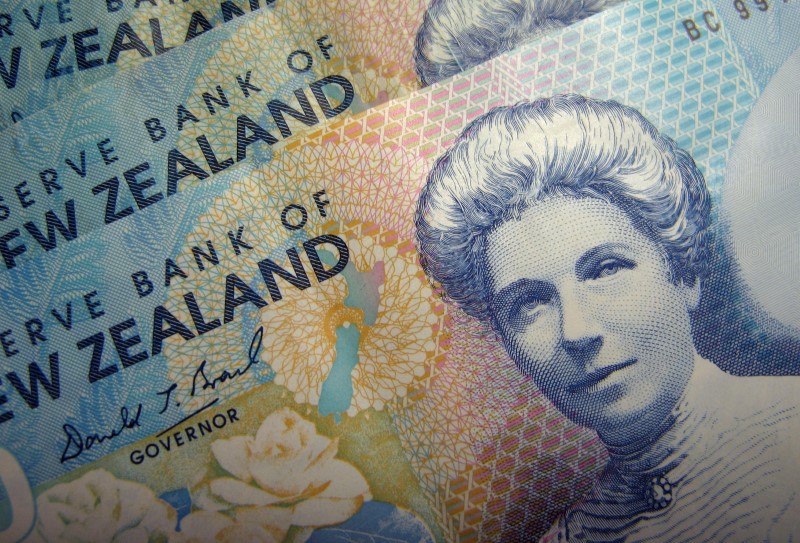LONDON, Oct 19 (Reuters) - New Zealand's dollar tumbled to a five-month low on Thursday, posting its biggest daily drop in more than a year after a surprise election outcome sparked a sell-off on concerns the new government would pursue policies that would weaken the currency.
The kiwi, as the currency is widely known, NZD=D3 extended earlier losses in the London trading session and dropped as much as 1.8 percent against its U.S. counterpart to $0.7027, the lowest since late May.
The daily drop was the biggest in percentage terms since the Brexit referendum last year.
New Zealand's next prime minister will be Jacinda Ardern, whose Labour party won the support of a small nationalist party to form the government, spelling big changes for a small but open economy, whose currency hit a 4-1/2-month low on the news. (the kiwi) been hard hit on the news that New Zealand first has decided to form a government with Labour," said Elsa Lignos, global head of FX strategy at RBC Capital Markets in London.
"There's this perception that Labour will be less business-friendly, or have a looser fiscal policy stance. It wants to revamp the Reserve Bank of New Zealand Act."
The kiwi has been on a weakening bias since hitting a more than 2-year peak in May 2015 and taking today's plunge, the currency has fallen more than 7 percent.
The weakness in the currency has taken its toll on hedge fund positions with markets steadily scaling back long kiwi bets in recent weeks to be broadly neutral. NZDNETUSD=
